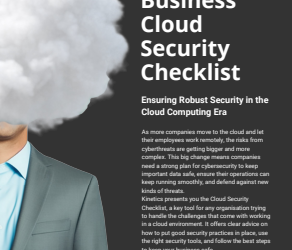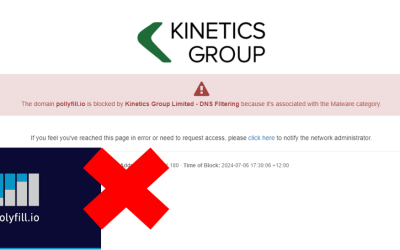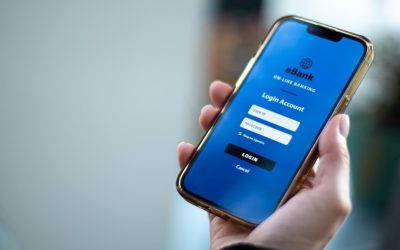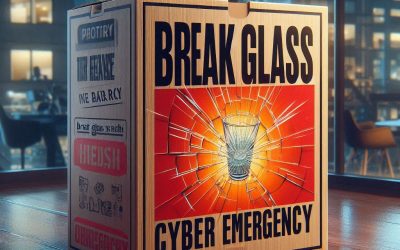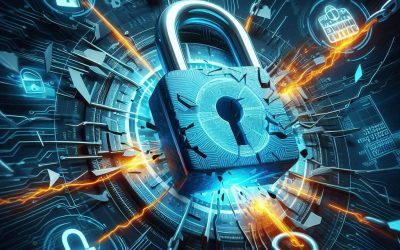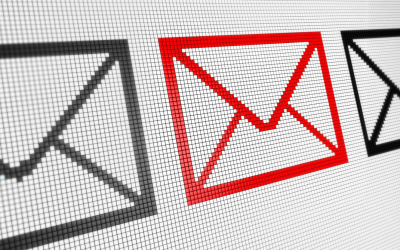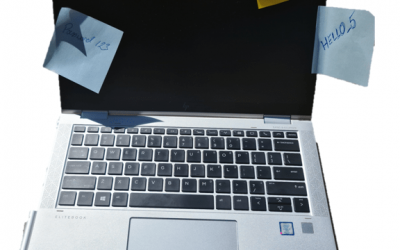Your own personalised stalker
It always seemed slightly creepy that your computer shows advertising that is strangely accurately targeted at things you might have been interested in. On the surface, that seems quite useful. If you have to tolerate ads on your screen, at least having them show things you were interested in seems helpful.
Instead, we wonder how the system knows. It feels like a breach of our privacy.
It all starts when you install an app, and it pops up a question asking for permission to use your location, and/or your camera and/or your microphone.
This is useful for advertisers. For example, they can use your location. If the app reports this back to the content provider, they can match up your location and compare you to other people nearby. If you tend to go to the same places as other people, you are probably interested in the same things, so an advertiser might use that assumption to present advertising to you, or other people that you spend time with.
That does sound a bit overreaching, but we reluctantly agree to the presented terms simply because we want to use the app. If that is a condition of use, and we want to use the app, then we agree.
So, now we are seeing consumers getting the choice to push back.
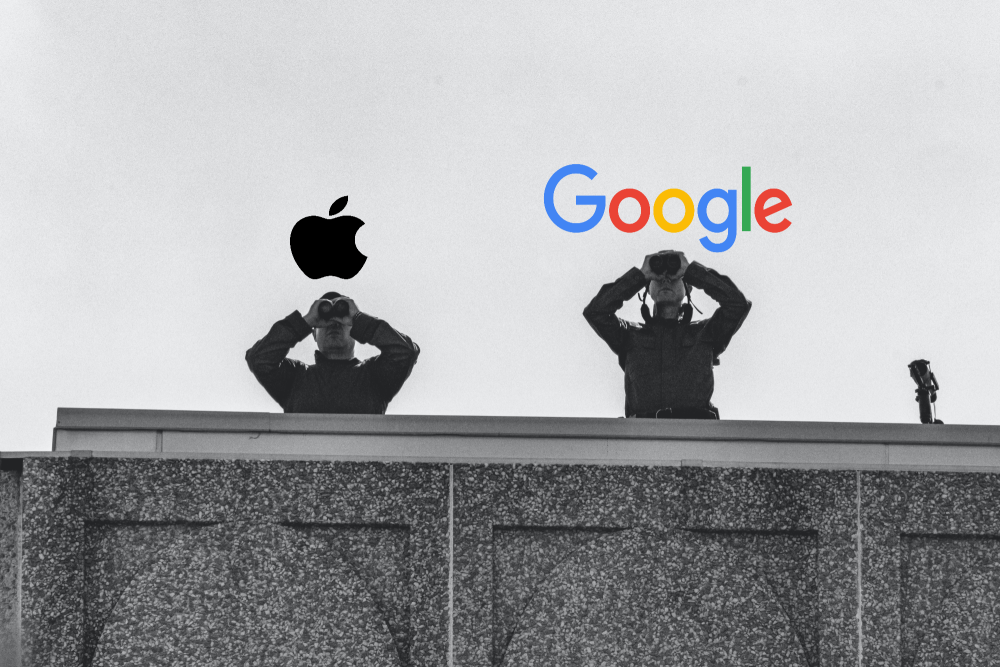
Apple
Now, with iOS15, Apple are saying that you will get to see what apps are accessing your data. You will be able to see when an app used that permission, and there it was sent to. Whether that list of third party sites is any use or not is meaningful is unclear.
Not quite as advanced but following quickly behind is Google Android. With Android 12, you will have the option to de-personalise your data. They will still track usage, but won’t link it back to you.
Is there any truth to the rumour that your phone or TV is listening to you, and presented content based on private conversations it overhears?
Given how poor the voice recognition is on phones , cars, or tools like Alexa or Siri, its pretty evident this can’t be reality. If it, is, then heaven only knows what it thinks it’s hearing. The voice recognition tools are getting better all the time, but there is a long way to go.
Free resource: Business Cloud Security Checklist
Essential Business Cloud Security Checklist for 2024 In today’s digital age, securing your business’s cloud environment is more critical than ever. With cyber threats evolving rapidly, it’s essential to have a robust cloud security strategy. Here’s a checklist to help...
When not being able to access a website is a good thing.
We know it can be incredibly frustrating when you can’t access a website that you need. That happened for a number of a number of our clients last week, (and, counter-intuitively, it’s a good thing) Many websites are built on common components. One of those is...
TeamViewer Compromise
TeamViewer is a common piece for software that allows IT businesses to remotely access, control, manage, monitor, and repair devices – from laptops and mobile phones to industrial machines and robots. Many software vendors include it to allow them to remotely support...
Cert NZ Business online security assessment tool
A Personal Encounter with Cert NZ's Assessment Tool. Have you recently received an email about cyber-security that set off your system's alarms? It's ironic isn't it? That was my recent experience with an email from Cert NZ. Despite the initial warning, the email...
Avoid the IT Travel Woes
Free Webinar Replay : Avoid the IT Travel WoesBusiness travel is fraught enough. It's a nightmare to balance tight connections, and tough time zones with work colleagues that are accustomed to being able to link you into Teams meetings and urgent chats.How can you...
Lessons from the Change Healthcare attack. Why MFA Matters
By now, regular readers know how important MFA is. Unbelievably, there are still some people who think this is for someone else, and they don't need it themselves. Unfortunately, we are seeing some of these people fall victim to the very scams we've been writing...
What happened when we got told we’d been hacked?
“We’ve been hacked”. When you hear that the world stops. What does this mean? How bad is it? How can we manage that? That was the news earlier this week. It was quite confronting! Suddenly your careful plans for the day are thrown aside as your priorities have...
Can VPNs be defeated?
We’re reading about a flaw called ‘TunnelVision’ that could give hackers access to overcome virtually any VPN security solutions. It works by manipulating routing in DHCP, which is the mechanism networks use to hand out IP addresses to devices. DHCP has been around...
Will some of your emails stop?
Microsoft Exchange Online to retire Basic authentication We are going to face a big change coming in September 2025, Microsoft is going to be disabling SMTP Basic Authentication. This continues work they commenced a couple years ago to disable other protocols such as...
How to create passwords that hackers hate
A guide to making your online accounts more secure and less boring Have you ever used your birthday, your pet's name, or the word "password" as your password? If so, you're not alone. According to a study by NordPass, these are some of the most common and worst...

